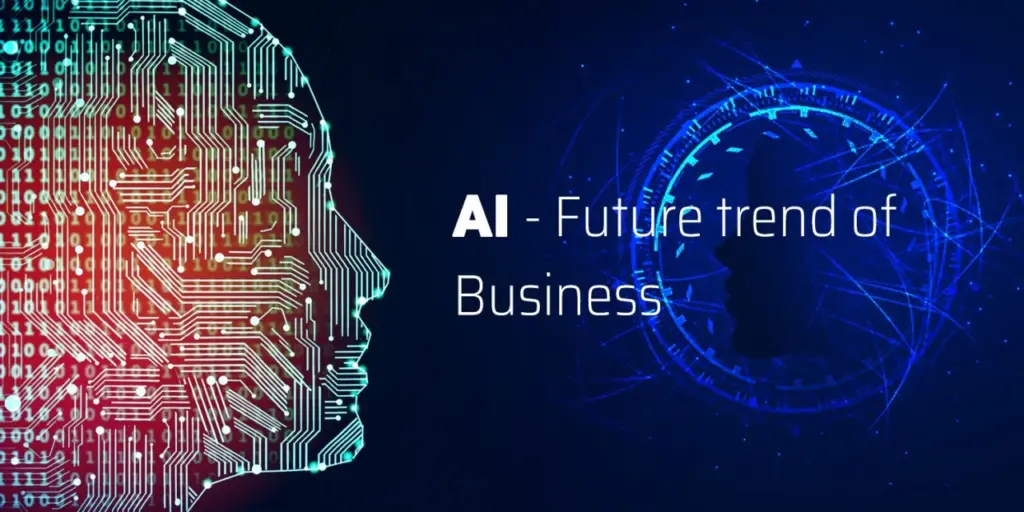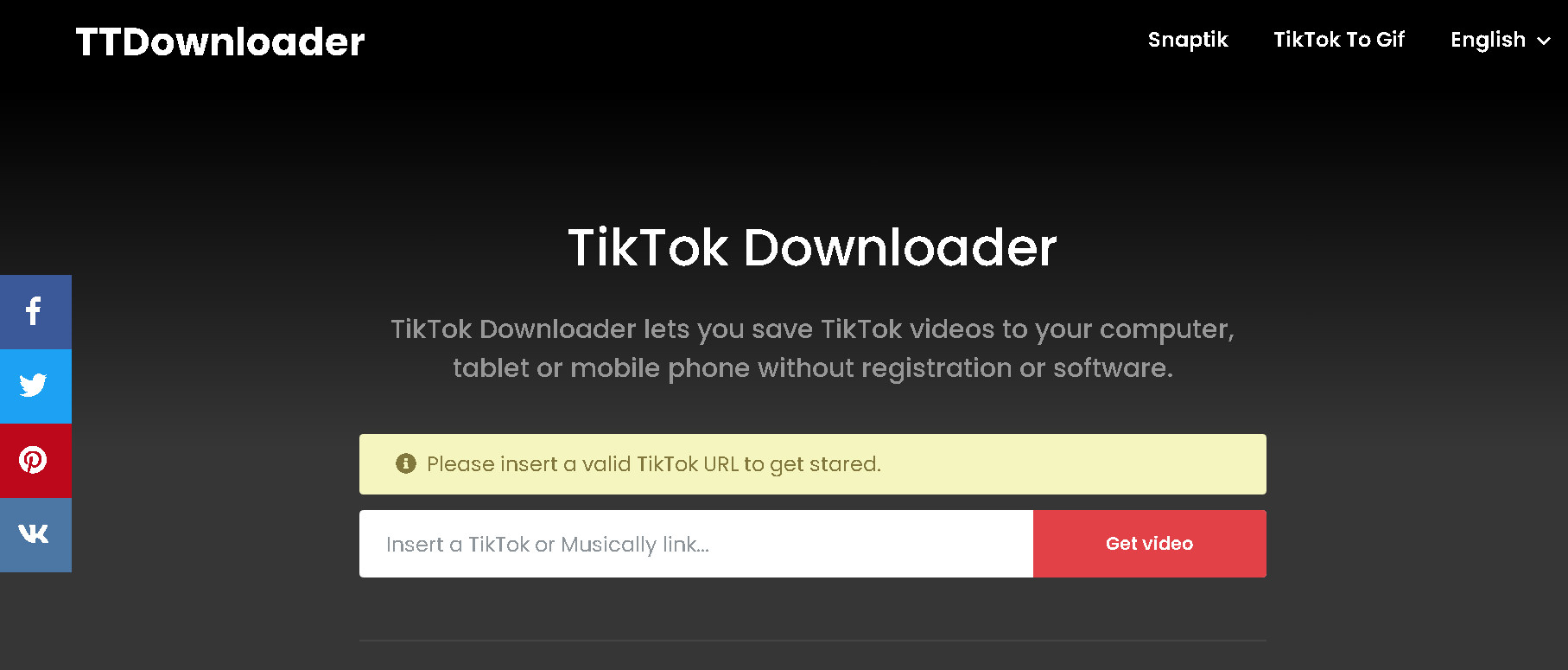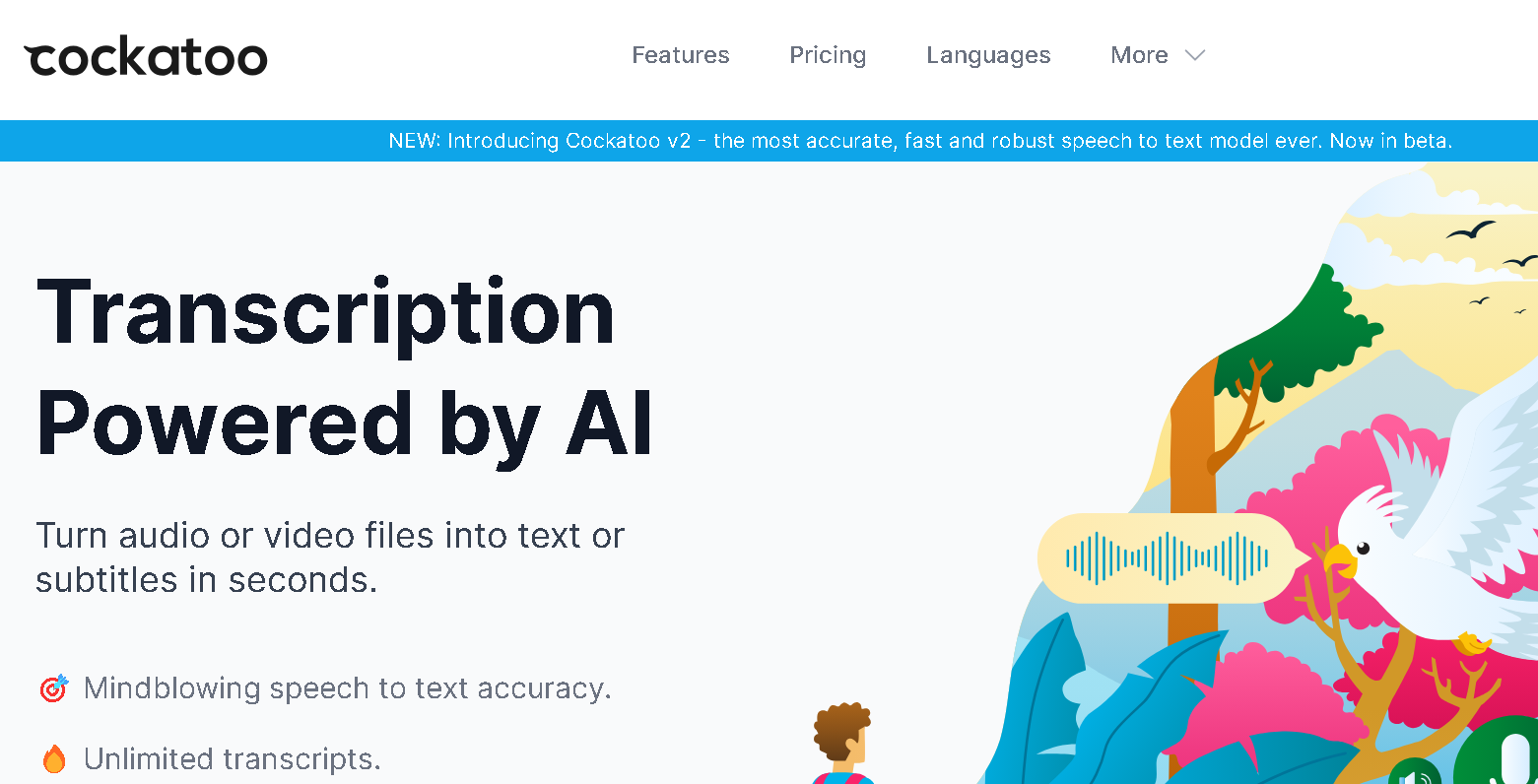IBM, or International Business Machines Corporation, has been a global tech leader for over a century. Founded in 1911, it transitioned from a hardware powerhouse to a leading innovator in software, cloud computing, AI, quantum computing, blockchain, and IT consulting, continuing to drive the future of technology and business.
This blog post delves into IBM’s journey, its diverse product portfolio, the services it offers, and how the company is leveraging technology to stay at the forefront of innovation.
A Brief History of IBM
IBM’s roots date back to the merger of four smaller companies in 1911 to form the Computing-Tabulating-Recording Company (CTR). In 1924, it officially became International Business Machines (IBM). Initially, IBM focused on hardware like punch card systems and mainframe computers, revolutionizing data processing for businesses and governments.
IBM has been instrumental in key technological breakthroughs, including the first commercial computer, the IBM 701 in 1952, and the invention of the magnetic stripe card, which revolutionized modern banking and credit systems.

IBM’s Transition to a Software and Services Leader
IBM, once known for its hardware, shifted its focus to software and services in the 1990s. The sale of its PC division to Lenovo in 2005 marked its transition to IT consulting, cloud computing, AI, and enterprise solutions, while still preserving its legacy in infrastructure technology.
Today, IBM operates across multiple technological domains, providing solutions that address the complex challenges faced by businesses in a digital world.
IBM’s Product Portfolio
IBM’s diverse product portfolio covers hardware, software, cloud services, AI, blockchain, quantum computing, and security. Below are the major components of its product offerings:
1. Hardware Solutions
IBM’s hardware offerings, while reduced from its early days, are still critical in high-performance computing and enterprise environments.
- IBM Z Mainframe: IBM continues to lead in mainframe technology with the IBM Z series, which offers unparalleled processing power, security, and reliability. IBM Z is known for its ability to handle vast amounts of data, making it a crucial tool in industries such as banking, government, and healthcare.
- Power Systems: IBM Power Systems are designed to handle demanding workloads such as AI, analytics, and cloud computing. These systems provide high performance, reliability, and scalability for enterprises looking to manage large-scale applications.
- Storage Systems: IBM offers a wide range of storage solutions, from flash storage to software-defined storage, enabling businesses to manage, store, and analyze vast amounts of data efficiently. IBM’s storage solutions are optimized for cloud environments, offering high availability, security, and flexibility.
2. Software Solutions
IBM is a leading provider of enterprise software, with solutions that address everything from AI and automation to data analytics and hybrid cloud integration.
- Cloud Pak: This suite of containerized software solutions helps businesses modernize applications, integrate data, and automate workflows across multiple cloud environments. IBM Cloud Paks are built on Red Hat OpenShift, enabling companies to adopt a hybrid cloud strategy.
- IBM Watson: One of the most well-known names in AI, IBM Watson provides a range of AI tools and solutions. From natural language processing to machine learning, Watson helps businesses leverage AI to gain insights, automate tasks, and enhance decision-making.
- IBM Db2, a relational database management system, supports various data formats and workloads, offering essential data management and analytics for businesses.
- Blockchain: IBM is a leader in enterprise blockchain solutions. IBM Blockchain allows businesses to create secure, transparent, and scalable networks for industries like supply chain, healthcare, and finance.
3. Cloud Computing
IBM’s cloud computing solutions are central to its growth strategy, offering both public and private cloud environments. As cloud computing becomes the backbone of modern businesses, IBM provides services that help companies move their operations to the cloud, manage hybrid cloud environments, and leverage cloud-native applications.
- IBM Cloud: IBM Cloud is a comprehensive suite of cloud services, including IaaS (Infrastructure-as-a-Service), PaaS (Platform-as-a-Service), and SaaS (Software-as-a-Service). It supports public, private, and hybrid cloud environments, providing flexibility for businesses of all sizes.
- Hybrid Cloud: A key differentiator for IBM is its focus on hybrid cloud computing, which allows businesses to integrate on-premises infrastructure with public and private clouds. With its acquisition of Red Hat in 2019, IBM strengthened its hybrid cloud capabilities by integrating Red Hat OpenShift, an enterprise Kubernetes platform, into its cloud solutions.
- IBM Cloud Satellite: This is IBM’s solution for delivering cloud services anywhere — on-premises, at the edge, or across multiple public clouds. This flexibility is ideal for industries that require data sovereignty, low-latency applications, or edge computing.
4. Artificial Intelligence
IBM Watson is the flagship AI product, and it continues to drive IBM’s leadership in AI and machine learning. Watson enables businesses to extract actionable insights from their data, automate workflows, and enhance decision-making through predictive analytics.
- Watson Assistant: This AI-powered virtual assistant helps businesses automate customer service interactions. It uses natural language processing (NLP) to understand user queries and provide accurate responses, significantly improving customer experiences.
- Watson Discovery: Watson Discovery is an AI-powered search and text analytics platform that helps businesses uncover insights from unstructured data. It’s widely used in industries like healthcare, legal, and finance to find patterns and actionable information within vast datasets.

5. Quantum Computing
IBM has emerged as a leader in quantum computing, a field that promises to revolutionize industries by solving problems that are currently unsolvable with classical computers.
- Quantum: IBM is pioneering the development of quantum computing technology, offering businesses access to quantum computers via the cloud through IBM Quantum Experience. IBM Quantum enables organizations and researchers to explore quantum algorithms and their potential applications in industries like chemistry, finance, logistics, and cybersecurity.
- Qiskit: Qiskit is an open-source quantum computing software development framework that allows developers to program IBM’s quantum computers. It’s part of IBM’s commitment to building a quantum ecosystem by democratizing access to this advanced technology.
6. Security Solutions
As businesses face growing cybersecurity threats, IBM offers a comprehensive suite of security products and services to help safeguard digital assets.
- IBM Security QRadar: QRadar is a security information and event management (SIEM) platform that provides real-time threat detection and analysis. It helps businesses monitor their IT environments for potential security breaches and respond quickly to incidents.
- IBM Cloud Identity: This identity-as-a-service (IDaaS) solution helps businesses manage user identities and access controls securely. It integrates with cloud and on-premises applications to streamline user authentication and enhance security.
- IBM X-Force: IBM’s security research and threat intelligence division, X-Force, provides businesses with insights into emerging threats, vulnerabilities, and security trends. X-Force works to prevent, detect, and respond to cyberattacks effectively.

IBM’s Services Portfolio
IBM’s service offerings complement its technological innovations, helping businesses deploy, manage, and optimize their IT infrastructure and digital transformation efforts.
1. IBM Global Business Services (GBS)
IBM Global Business Services provides consulting, business process outsourcing (BPO), and application management services to help organizations improve efficiency, drive innovation, and reduce operational costs. GBS specializes in areas like cloud transformation, AI integration, and data analytics.
2. IBM Global Technology Services (GTS)
IBM Global Technology Services focuses on IT infrastructure management, offering solutions such as managed services, cloud migration, and IT support. GTS helps businesses optimize their IT operations by providing expertise in infrastructure, security, and automation.
3. IBM Consulting
IBM Consulting helps businesses navigate the complexities of digital transformation, offering expertise in areas like hybrid cloud, AI, cybersecurity, and blockchain. With a focus on industry-specific solutions, IBM Consulting enables organizations to unlock new opportunities and improve operational efficiency.
IBM’s Focus on Sustainability and Social Responsibility
Beyond technology and services, IBM is committed to sustainability and corporate social responsibility. The company has implemented a range of initiatives aimed at reducing its environmental footprint and contributing to social causes.
1. Sustainable Computing
IBM is dedicated to building energy-efficient data centers and reducing the environmental impact of its products and operations. IBM’s data centers run on renewable energy, and the company is focused on cutting carbon emissions throughout its supply chain.
2. Corporate Social Responsibility
IBM is involved in numerous initiatives aimed at improving education, healthcare, and social justice. The IBM SkillsBuild program provides free digital skills training to help individuals secure tech industry jobs.

Conclusion: IBM’s Ongoing Influence and Future Prospects
As a tech industry leader, IBM continues to shape the future with a broad portfolio spanning AI, cloud, quantum computing, and cybersecurity. Focused on innovation, sustainability, and social responsibility, IBM drives digital transformation while contributing to global progress.
Through its innovations in AI, quantum computing, and cloud transformation, IBM will continue to shape industries and push the boundaries of the digital age. Tech-arcis














